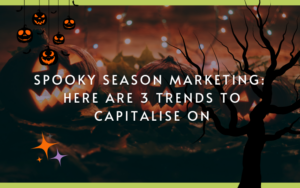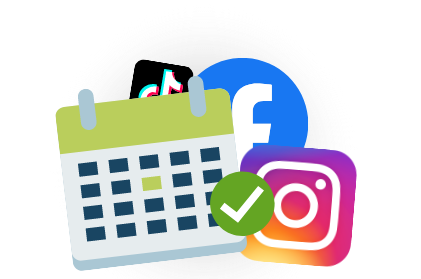Welcome to our new series!
Over the next few posts, we’ll be talking about the unique ways that certain industries can use digital marketing to their advantage. I’ll review how I would approach a strategy, and how best to utilise your budget and focus for the best results.
This week we’re looking into the tourism industry, or more specifically, small businesses in tourism.
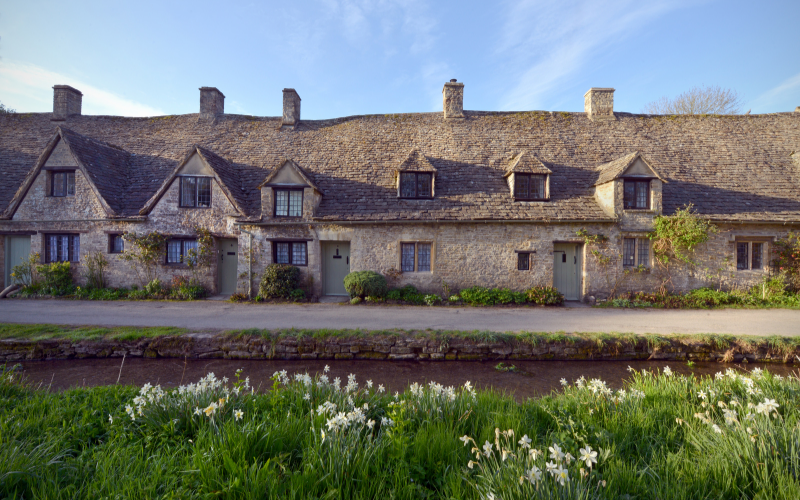
Rise of the Staycation…?
Since COVID hit, we really saw this massive drive towards UK staycations. Now that all the legal requirements around COVID are lifting, the travel industry needs to consider a few things:
- Will the economic circumstances in the UK mean people choose to opt for a cheaper, more local holiday still?
- Will Brits be desperate to get the destination weather they’ve so sorely missed out on these past few years?
- Or will we be put off by the remaining uncertainty surrounding the COVID rules in different countries?
No doubt, airlines will be putting all of their power into getting us travelling abroad again, but will their offers be sweet enough to encourage more travel?
I believe there’s even more at play here. When any industry enters the online space, they need to understand that there’s an online culture. This can be overarching across the general consensus, or it can be dependant on the exact online location you’re entering.
So for example, TikTok users may be overwhelmingly Gen-Z and Millennials, whereas Facebook may hold more Gen-X and Boomers.
When you start to create a digital strategy, you’re going to need to consider whether what your marketing fits in with where you’re marketing.
And if you choose to go against the general trends and culture, then you’re going to need to consider how you get your marketing message across, without alienating your audience.
Why do I point this out? Because…
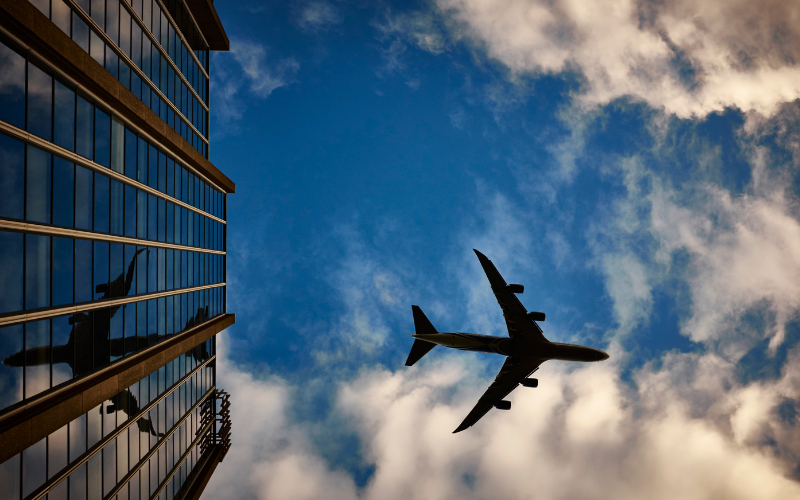
The Internet is ‘Woke’
Ok, it’s a contentious word, but generally we’re saying that the internet is holding brands accountable for actions that they consider unethical, and this trend is growing.
This is particularly relevant to businesses within the travel industry, because it’s so cohesively tied into environmentalism.
If we’re going to be promoting flights, especially low-cost ones, we’re going to have to keep these challenges in mind.
Then again, the advantage here is that if you’re promoting UK based holidays, then environmentalism is a great selling point for your campaigns.
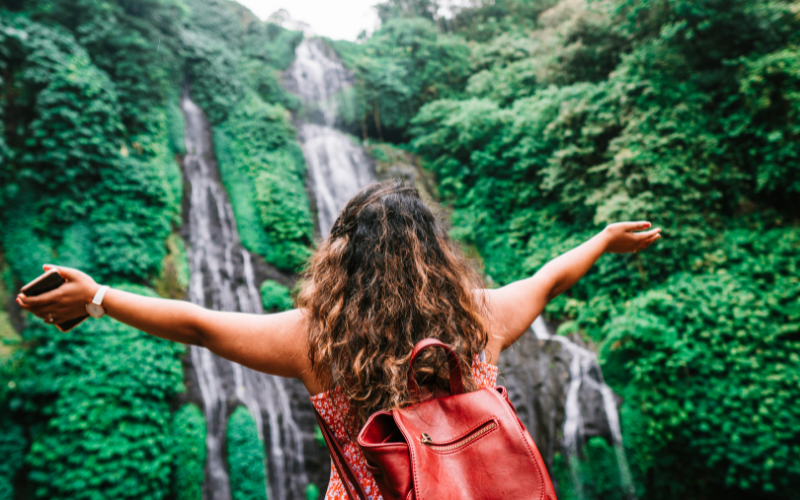
Where Should I Promote My Travel Business Online?
I’ve sat through a lot of social media talks from various companies over the past year. Pinterest, Instagram, Social Scheduling Tools… They all talk about this need for experience.
We live in a time where travel is more accessible than ever before. There’s an option for every budget, for sun-seekers, for adventurists, for city-lovers, for anyone. Best of all, now that so many of us are working remotely or flexibly, we can just go and do it.
When the average Joe is tied to his desk or scrolling through his phone, he couldn’t be further away from that sunny beach life. However, we can give him the next best thing. We can utilise the experience of travel and translate it through a digital platform.
Ask yourself, what are you actually selling in tourism?
- Is it a beautiful view?
- Is it a thrill?
- Is it a relaxing escape from the fast-paced lives we live at home?
How can you give users a taster of that emotional experience?
The answer is by producing great content.
If you’re a small tourism business, you probably haven’t got the budget to make an impact with a digital marketing method like SEO. That’s not a slight, it’s just a fact, it’s an extremely competitive space now and in all honesty, I wouldn’t advise it to you at this point in your marketing journey, unless you’re looking into local options, but more on that later.
Ads are great, but they’re generally just text on a white background.
In the tourism industry you have access to content that the average office-company digital marketeer would kill for.
So the first thing I would recommend that you do, is that you buy some decent equipment to make videos and photo content, and you start your journey with social media.
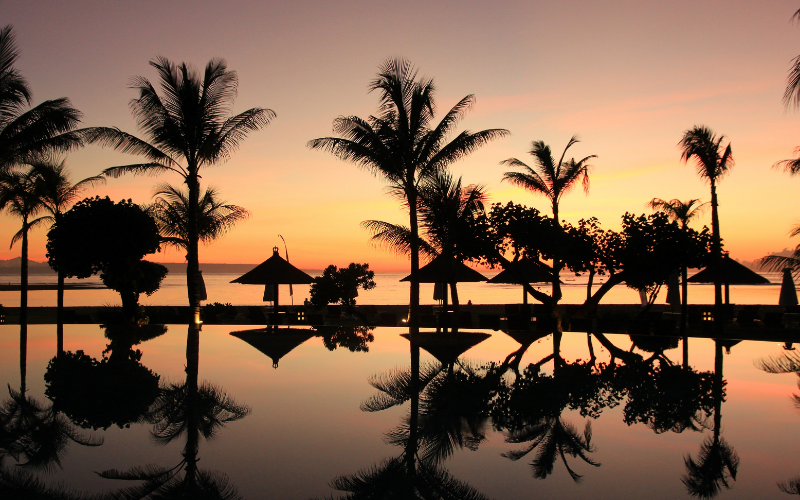
Wish You Were Here
Imagine the postcard, a little teaser photo of a beautiful destination, and on the back, just a few words about how happy the person writing the card is.
Nowadays, the postcard has been usurped by the social media picture.
It’s the ultimate creator of desire and aspiration. You see something incredible, and you think I want to do that.
That’s why as a tourism company, it’s imperative that you start using social media platforms like TikTok, Instagram and Youtube, so that you can get an idea of what kind of content does well there.
Once you have an understanding of the trends, the format and the vibe you’re going for, you can start to produce your own content. And yes, that might mean your in-house digital marketer doesn’t live at their desk anymore.
Don’t worry, creating an influencer isn’t about having a hot-bod and an expensive wardrobe. They just need to be able to build rapport with their audience.
If they can get comfortable speaking in front of a camera, then fantastic. That’s a great way to break down the barriers of ‘i’m following a business’ and turn the concept into ‘i’m interacting with a human’.
If not, don’t worry. There’s plenty of content types that don’t involve a host. Why not try:
- Creating a high-definition Youtube video walking around one of your most amazing destinations.
- Interview someone who runs one of your experiences, or a former customer.
- Use user-generated content from previous customers (with their permission).
- Create a rundown TikTok of the ‘5 Best Things To Do In…’
- Show off the local cuisine and best places to eat.
- Get a voiceover artist to read out reviews over a video of your location.
Don’t be afraid to look up competitors, travel influencers and other accounts to get ideas. You can take a concept and make it your own.
Another thing to remember is that social media loves a human story. If you can stir an emotion, you’re on to a winner.
Humans process emotions in one-fifth of the time it takes them to construct a rational thought. As a social media marketer, you’re social first and foremost. You are not building a transactional relationship like a sales person, you are building an emotional one.
Get to know the tourism experience which you’re promoting. Could you stir emotions by:
- Finding some human stories from local artisans and businesses?
- Interviewing the locals about why they love that place?
- Asking customers what that destination means to them? (Did they fall in love there? Get married?)
- Asking customers for a response directly after they’ve experienced something? (Ever tried asking someone how they feel after skydiving? Ziplining? Swimming in a clear sea?)
Only you know your product best, so ensure your marketing team really understands it too. No marketing team should be promoting something that they haven’t experienced themselves!
Hopefully this post has given you a few ideas for travel and tourism digital marketing. If you’ve ever considered hiring a digital marketeer, or if you’d like to train a current member of staff in this subject, don’t hesitate to get in touch. The training could even be free thanks to government funding!


